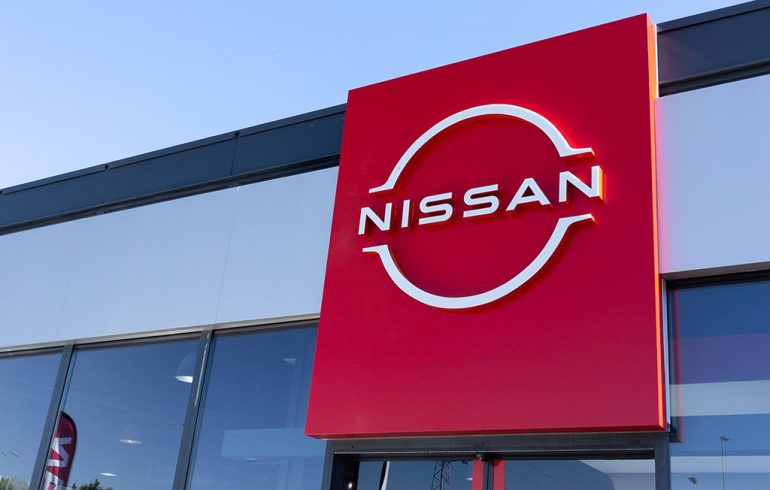
Honda and Nissan—two of Japan’s biggest automakers—might be taking their partnership to the next level. According to a report from Nikkei, the two companies are exploring a possible merger as they face increasing pressure from EV giants, particularly in China. While both automakers have been quick to deny any formal announcements, the idea isn’t as far-fetched as it might seem. With the electric vehicle market evolving at lightning speed and competition heating up, working together could be the best way for these long-time rivals to stay in the game.
The two companies have already started collaborating in recent months. Earlier this year, Honda and Nissan announced plans to jointly develop EV technologies, including batteries and electric drivetrains, as a way to pool resources and reduce costs. But with Chinese automakers like BYD surging ahead and sales slowing in key markets like China and the U.S., a merger may be what’s needed to build a stronger, more competitive foundation for the future.
Also, don’t forget that you can get discounted new car pricing with a free quote through qualified local dealer partners.
Honda and Nissan face similar challenges. China, the world’s largest auto market, accounts for nearly 70% of global EV sales. With homegrown players like BYD and Nio dominating the market, legacy automakers, including Honda and Nissan, are struggling to maintain their foothold. In 2023, both companies sold a combined 7.4 million vehicles globally, but declining demand, particularly in China and the United States, has triggered a need for cost efficiency and innovative alliances.
Nissan, once an EV pioneer with its groundbreaking Leaf model, has seen its early momentum fade as new players revolutionize the market. Nissan’s recent financials paint a concerning picture, with half-year earnings plummeting by over 90%, forcing cost-cutting measures. Honda, while faring better financially, has faced similar struggles to scale its EV efforts profitably.
Nikkei reports that the two companies are exploring the formation of a single holding company, marking what could be the most significant automotive merger since the $52 billion deal between Fiat Chrysler and PSA Group, which formed Stellantis in 2021. If Honda and Nissan proceed with this plan, they may create one of the world’s largest automotive alliances, with combined resources to tackle global competition head-on.
Notably, the report suggests Mitsubishi Motors, in which Nissan holds a 24% stake, could also be part of the equation. Bringing Mitsubishi into the fold would create a powerful three-way alliance capable of achieving greater economies of scale, cost efficiency, and faster innovation.
This development underscores a broader trend within the auto industry. General Motors and Ford have scaled back their EV investments due to high costs and infrastructure challenges. Volkswagen faces union disputes and cost concerns as demand in Europe wanes. Simultaneously, incoming political uncertainty in the U.S. could jeopardize EV-friendly policies, adding another layer of complexity for automakers.
For Honda and Nissan, a strategic merger could position them better for the long haul, combining their engineering expertise, technological advancements, and manufacturing capacity.
While neither Honda nor Nissan has officially confirmed the merger talks, the writing on the wall suggests a deeper alliance may be inevitable. As global automakers race to meet evolving market demands, collaboration will be key to survival—and success.
Should this merger come to fruition, it would not only reshape Japan’s automotive landscape but also send ripples throughout the global industry. For now, all eyes remain on Honda and Nissan as they navigate their next move in an increasingly electrified world.